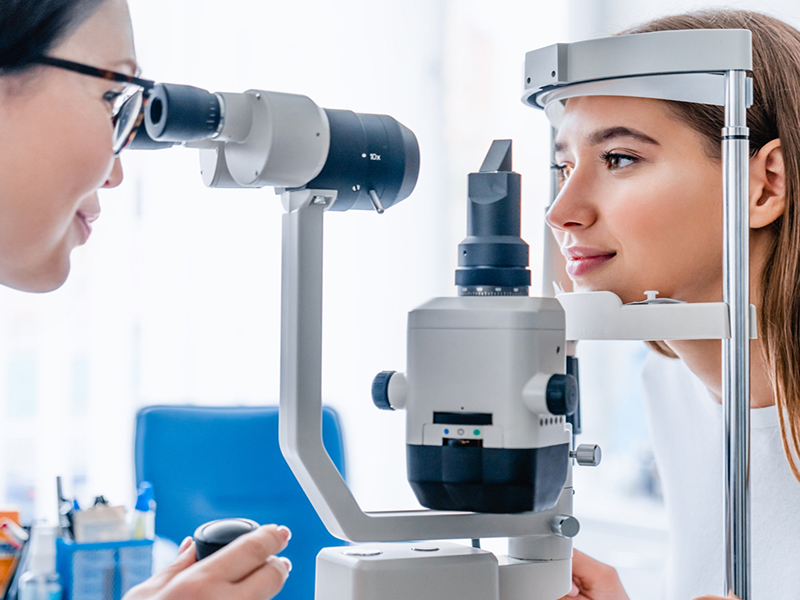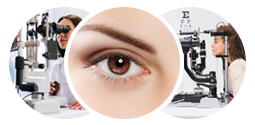

Regular eye check-ups are an essential part of maintaining good vision and overall health. Many people only visit an eye doctor when they experience vision problems, but routine examinations can detect issues before they become serious. This article explores why regular eye exams are important, when you should schedule them, and what to expect during an eye check-up.
Many eye diseases, such as glaucoma, cataracts, and macular degeneration, develop gradually without noticeable symptoms in the early stages. Regular check-ups allow for early detection and treatment, preventing permanent vision loss. Eye doctors use specialized tools to monitor the health of your eyes and track any changes over time.
Our eyesight changes over time due to aging, prolonged screen exposure, or other factors. Regular exams ensure that your prescription glasses or contact lenses are up to date, reducing eye strain and improving daily functionality. Uncorrected vision problems can lead to headaches, dizziness, and difficulty concentrating, making regular exams essential for maintaining productivity and well-being.
Eye exams can reveal underlying health conditions such as diabetes, hypertension, and high cholesterol. The eyes provide a window to the body's overall health, making routine check-ups valuable beyond vision care. Optometrists and ophthalmologists can detect changes in the blood vessels of the retina that indicate serious systemic health issues, allowing for early intervention and management.
With increased screen time, many individuals suffer from digital eye strain, leading to headaches, dry eyes, and blurred vision. Regular eye exams can help assess and recommend solutions to reduce strain, such as blue light filters, specialized lenses, or the 20-20-20 rule (taking a break every 20 minutes to look at something 20 feet away for 20 seconds). Eye doctors can also suggest ergonomic adjustments to reduce strain and improve comfort while using screens.
Children’s vision plays a crucial role in their learning and development. Uncorrected vision problems can affect academic performance and overall well-being. Early eye exams ensure that any issues are addressed promptly, allowing children to perform their best in school. Common childhood vision problems include nearsightedness, farsightedness, lazy eye (amblyopia), and eye coordination problems, all of which can be corrected if detected early.
Regular eye check-ups are crucial for maintaining eye health, detecting underlying health conditions, and ensuring clear vision. By scheduling routine exams, you can prevent potential problems and safeguard your vision for the future. Don't wait until you experience issues—make eye check-ups a part of your overall health routine. Taking care of your eyes today can lead to a lifetime of clear and healthy vision.

We offer advanced treatments, expert consultations, and state-of-the-art technology to ensure your vision stays sharp and healthy. Book an appointment today and take the first step toward better eye health.